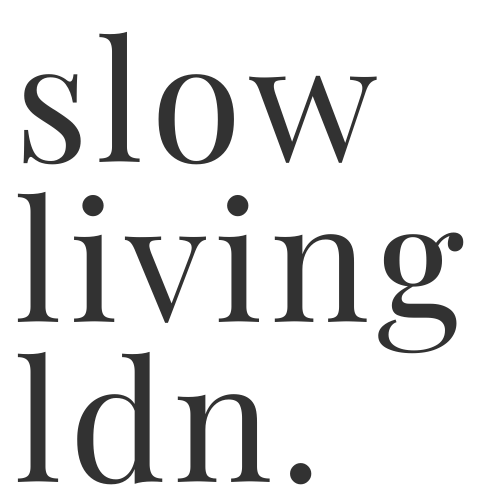You have no items in your cart. Want to get some nice things?
Go shopping
I don’t have time for the gym. I don’t have time to cook from scratch. I don’t have time to read. I don’t have time to meditate.
In our fast-paced world it’s easy to exclaim, ‘I don’t have time!’ or ‘I’m too busy’. The things that lose out are often those that relate to our well-being or hobbies. Got a lot on at work? Cooking something fresh from scratch becomes less likely. As does making it to the gym, or getting a good night’s sleep.
Something’s got to give, you’re thinking. True, but does it always have to be our well-being? Here’s the thing: we’re mistakenly equating being busy to being fulfilled. We’re letting ourselves give up fulfilment in order to live up to other people’s ideas of success. We’re allowing our time to be snatched by tasks and activities that don’t always serve us.
We think there’s another way.
Dispelling the ‘I Don’t Have Time’ Myth
The truth is we all get the same 24 hours each day. We also have the choice around how we spend our time, or the majority of it. It goes without saying we each have different responsibilities and things we simply must do – there’s no secret solution to banishing boring errands. But what about all those things we don’t really need to do? Or, those things that can wait?
Banishing the ‘I don’t have time’ myth isn’t about passing the buck on anything that you need to do. Rather, it’s about looking at those smaller, often more difficult to pinpoint distractions that swallow up your time in multiple gulps throughout the day. It’s also about saying no to the glorification of busy – the idea that being busy or presenteeism equates to success.
Living By Your Values
We believe that slow living is a mindset that can be adopted by anyone – it doesn’t matter where you live or what you do for a living. The very first step we share for how to slow down is about identifying your values and what’s important to you. Then, it’s about curation. Place your values at the very heart of your lifestyle and remove the things that detract from these. If you value time spent with family, it means taking an honest look at the (unnecessary) things that might be getting in the way.

“Be a curator of your life. Slowly cut things out until you’re left only with what you love, with what’s necessary, with what makes you happy.”
Leo Babauta
Reclaiming Your Time
One of the easiest ways to reclaim time in the modern era is to learn how to spend less time on your phone. Tech has its place – it’s a tool that’s here to serve us. But so often we find ourselves sucked into streams of social media posts and endless spam emails, losing precious minutes to meaningless content. Social media can be a source of inspiration and a means of connection, but recognising when that switch flips from pleasure to subconscious scrolling could regain you time each day. That time could be used to meditate, cook, read, exercise – all things you might feel you don’t have time for.
Don’t think you spend that long on your phone? Find out by looking at your phone’s screen time settings (or find an app that tracks this). According to Ofcom’s Online Nation report, we’re spending, on average, 2 hours 34 minutes online via our phones every day – that’s a sizeable proportion of our waking hours. It would be surprising if anyone averaging this wouldn’t be able to find an app or two that they’d like to cut back on.
Cutting down on activities we fall back on mindlessly during the day can free up time for the things we really care about or simply give us time to slow down and do very little. Take Wednesday evening as an example. Regaining time might look like doing those little jobs that have been on your list. Or, it might just mean that you do have that extra half an hour for the TV series you’ve really gotten into.
A saturated social calendar might also leave you wanting to reframe FOMO (the fear of missing out) for JOMO (the joy of missing out). It’s ok to want or need some downtime. It’s important to remember that we can’t do it all and that’s ok too.
Being mindful of how we spend our time can realign our compass towards what’s actually fulfilling and makes a difference to our lives.
Creating a Routine
Once we are mindful, the key to forming a habit is consistency. If there’s something you want to make more time for, it means making it part of your routine and practising it at the same time every day.
Some advocate rising early to make more time for self-care in its many forms – exercise, meditation, writing or even leafing through a great independent magazine are just some examples. Doing something for yourself before becoming engrossed in the day and its possible challenges is appealing. Though, it’s worth adjusting when you go to bed to ensure you’re not missing out on sleep.
We all face days which just don’t go to plan and all have certain responsibilities to uphold. Go easy on yourself – our lives are never perfectly balanced. But we also believe there are minutes or even moments which we can reclaim from busywork to add more meaning to our lifestyles. And we certainly don’t believe that pitting yourself against someone else’s definition of time well spent will bring you much joy.
